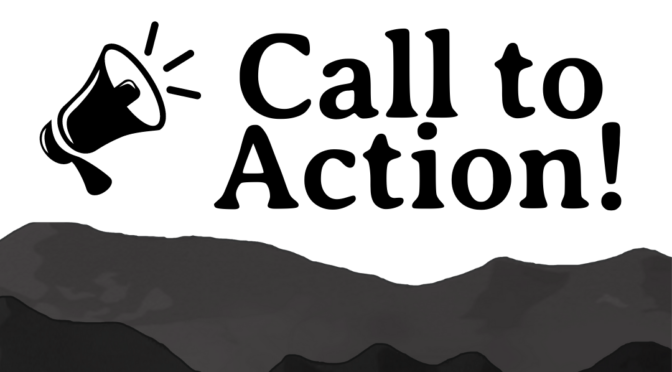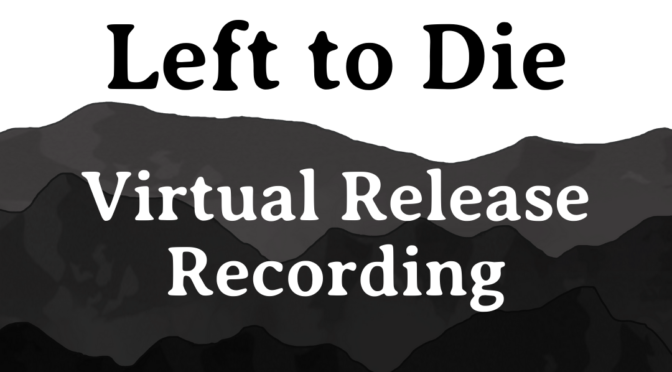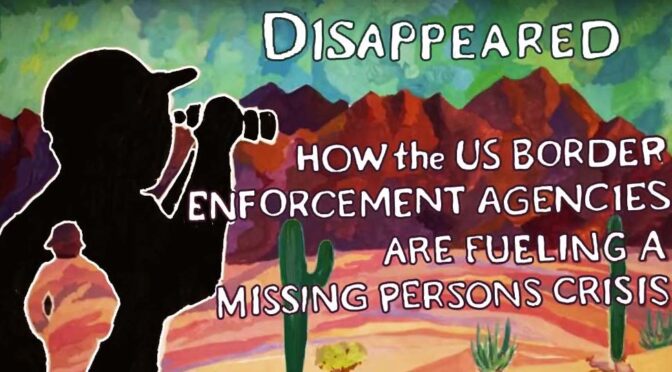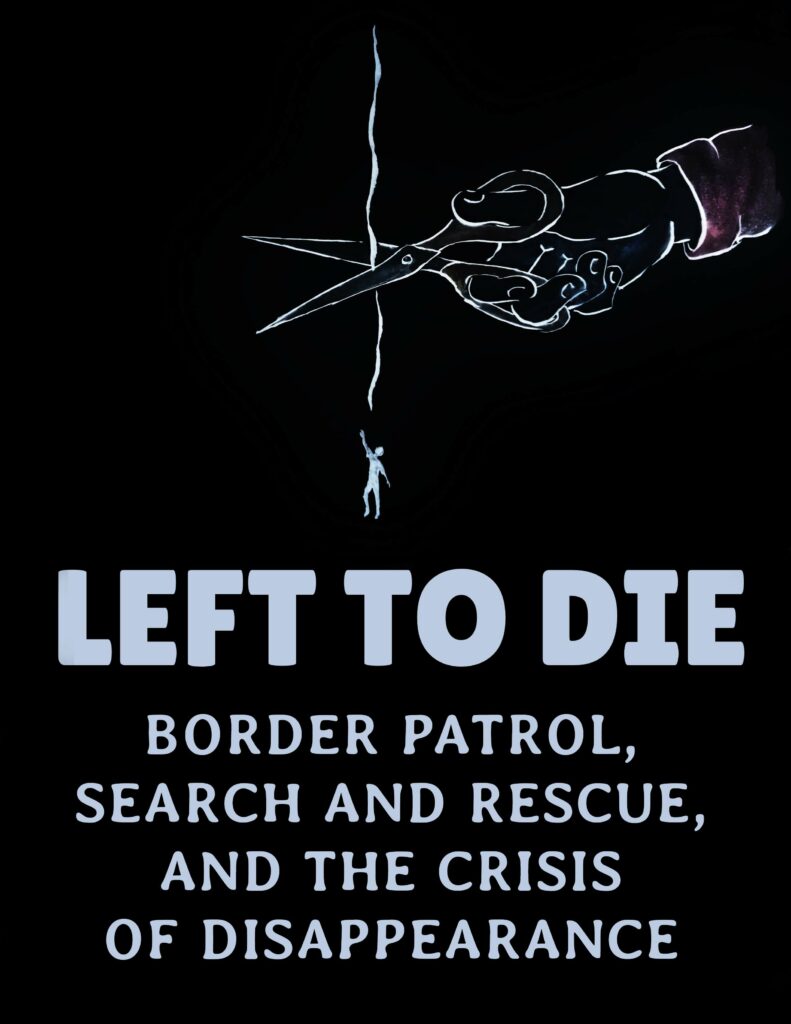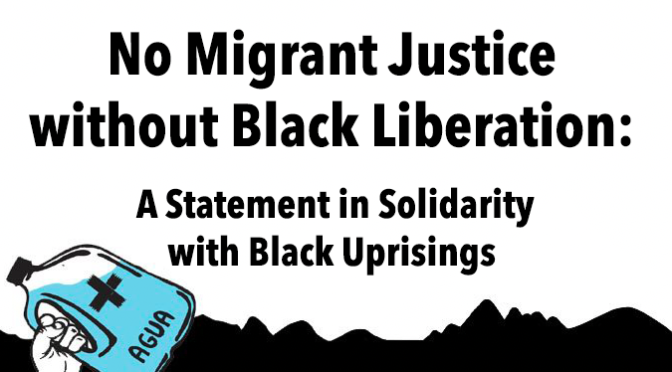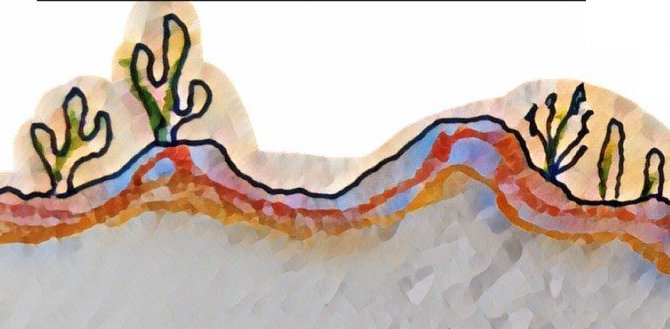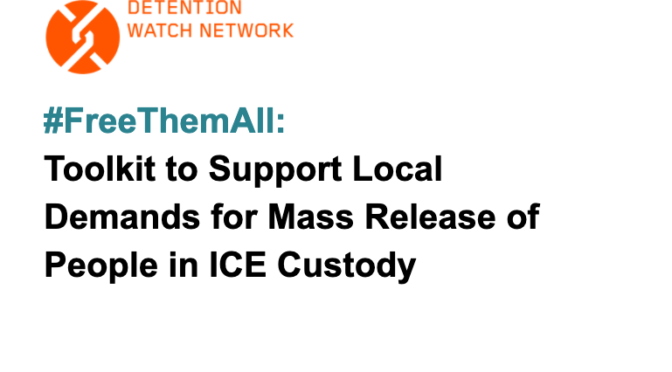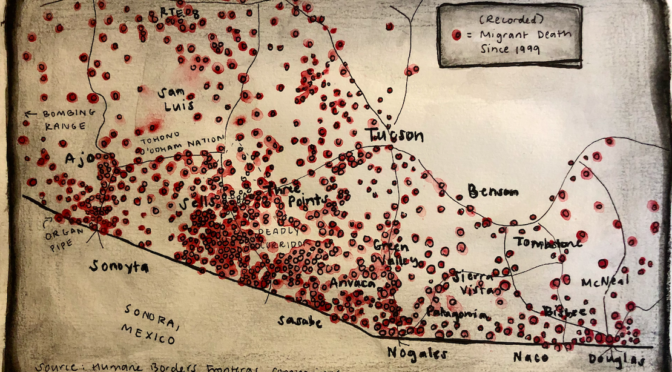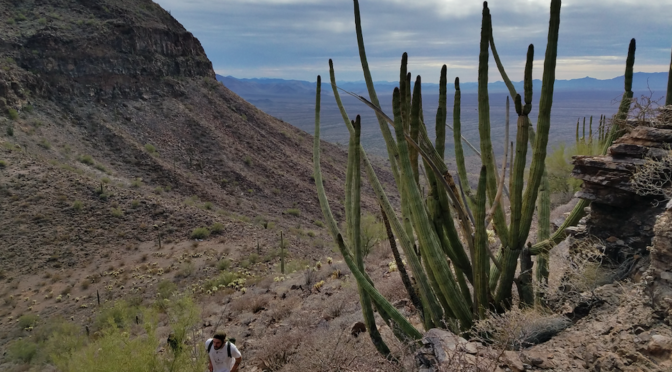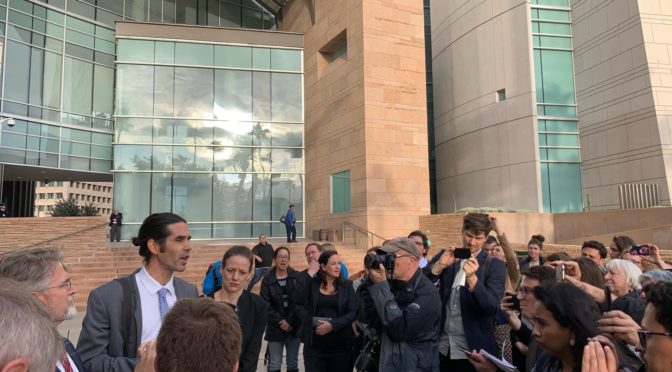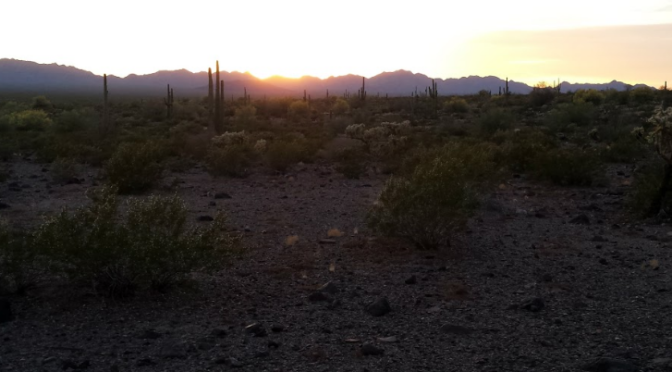On November 20th, a jury acquitted Dr. Scott Warren on 2 counts of felony harboring. Below are statements shared after the verdict was released:
Dr. Scott Warren:
“Everyone here did diligent, detailed, and amazing work. And regardless of the verdict our preparation and commitment has always paid off. I love you all. And to those who aren’t here because they are keeping up the humanitarian work in the desert, I love you, too.
And to local residents who have always provided the stranger at their door with food, water, and humanitarian relief—you know I love you as well. Both in and out of court our work here has been to educate. To explain the complicated context of the border with clarity, and to bring an understanding of the humanitarian crisis to those who will listen.
There are others who disagree with our humanitarian work. Some of those folks are in this very courthouse—but they are also our neighbors, friends, and very own family. I understand that they follow a moral compass that guides them to different conclusions about the border than me. And I know that I have much to learn from their perspectives, experiences, and frustrations as well.
And to migrants like Jose and Kristian, who are truly the ones at the center of this story, our hearts are with you for the dignity, respect, and self determination that is your right.
Unfortunately, the damage to land and life in the border region not only continues, but has been ramped up, way up, since all of this began. Throughout the trial we mistakenly referred to the land surrounding Ajo as a military range, a wilderness, a Border Patrol area of responsibility. But it’s O’odham land. All of it. And now, a new 30 foot high wall threatens further dispossession of native people and the destruction of this important and beautiful landscape.
Let’s all take a deep breath, get some rest, and be ready for—and open to— whatever comes next.”
Geena Jackson, long term desert aid volunteer:
“My name is Geena Jackson and I am a volunteer with No More Deaths.
Today the defense attorneys said in closing arguments that despite varying moralities in our current society, we have one thing in common, and that is the law. But this community, in Southern Arizona, and in every community along any border, we know that we have much more in common. We have our humanity, and no law or border can touch that. We have been saying for years that humanitarian aid is never a crime, and today 12 jurors agreed. But today I also want to remember that just being human is never a crime. They can try to regulate our communities, our movement, our communication, and our humanity, but we will resist. We can never stop caring for each other, and as living, loving beings in this desert we can never stop sharing water, food and our homes.
Scott was accused repeatedly of providing orientation to those who needed it. In court Greg Kuykendall said, “It is a human right to know where you are.” In these borderlands communities, we know where we are. We live near a border, along the lines that the state uses to determine citizenship, to define whether or not you belong. Global migration patterns are going to intensify. The climate crisis will lead to more and more displaced families. This wall being built on stolen land is not just an attempt to stop those currently walking in the desert, it is being built to try and stop the thousands who are coming seeking refuge. Now is a moment for orientation. Know where you are, and give orientation to those who don’t. Know who you are, and how you will respond, and never let any government or law challenge that. In our communities, we know where we are, and we are so much deeper than any border can define. We know what resilient people and communities look like.
I want to hold space now for the entities that this courthouse has violated. Jose and Kristian, the two people arrested with Scott, have been talked about for weeks, their intentions and actions have been deliberated over and over again. Pictures of their faces and their bodies have been flashed in this courthouse over and over again. And that was wrong. I want to take a moment to honor that a smiling selfie during an incredible journey to tell your loved ones you are ok, is a powerful and beautiful act of resiliency and comfort. Jose and Kristian’s actions and pictures do not belong anywhere near a courtroom. I want to take a moment of silence for these two men wherever they are today.
I
also want to take a moment to honor this desert. Being in that
courtroom I heard our home referred to as a vast nothingness over and
over again. But this desert is full. It holds the lives and loves of
our communities. It holds the spirits of the thousands of
disappeared. It holds plants and creatures that thrive on just enough
rain. This desert has taken the beating of border militarization and
wall construction and remains powerful, despite what any human hands
try to do.
This battle has been long and exhausting. I resent that we ever had to fight this battle in the first place. But through it all, we never stopped providing humanitarian aid. We thank all of our supporters far and wide who have followed this trial and who have taken actions big and small to help us get through to today. We hear you and see you and we know we are not alone. We know that there are communities all over the country, indeed all over the world, that are organizing in their own homes, schools, and churches.. Thank you for continuing to put water in the desert, for searching for the lost and the missing, thank you for welcoming in those who needed a rest.
Thank you to those who never stopped fighting deportations, trying to prevent anyone from ever having to make this journey in the first place. This battle has been long, and there are so many greater battles yet to come, but let’s take today and just celebrate that we won.”

